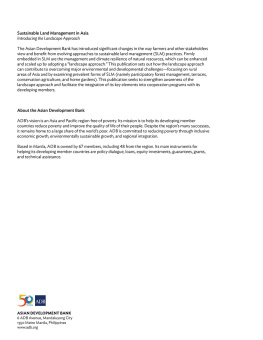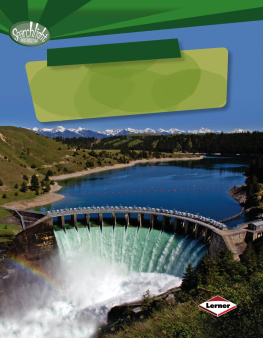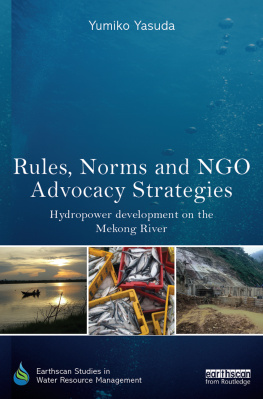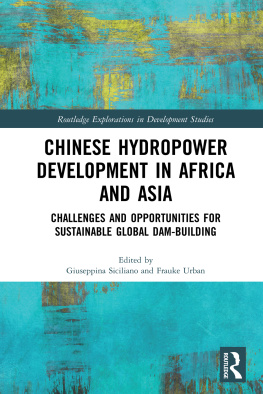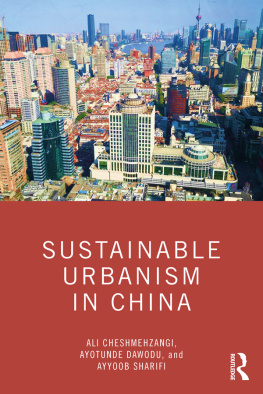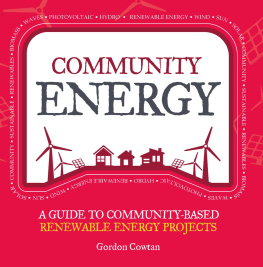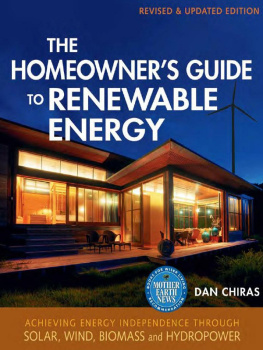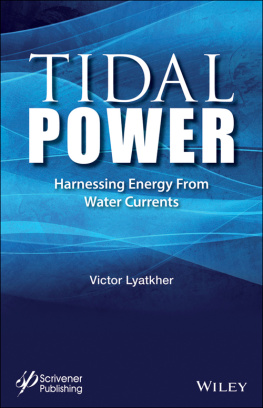PREFACE
Anthropogenic Rivers: The Production of Uncertainty in Lao Hydropower is premised on the observation that ecology has become central to the status of anthropos in the contemporary. While this problematique has been a long time in coming, it is now clear that there is a decisive, transnational interest in examining the significance of human-induced ecological change within popular culture, political movements, governments, and even business. Essential to this emergence has been a shift from the comparatively discourse-centric risk politics of the 1980s and 1990s to what we can call an ontological politics of uncertainty. Risk politics hinged on an epistemological dilemma and was preoccupied with how to make socially valid decisions when safety could not be guaranteed. It also appeared strikingly Eurocentric because it maintained belief in rational decision making and state guarantees of safety, while retreating into the sense of security offered by experts. Even in the United States, risk politics frequently took the form of perception management (the Tylenol poisonings), pop culture (apocalypse; Don DeLillos novel White Noise), or outright environmental injustice (chemical alley; Hurricane Katrina)not the formal problem of a technocratic rationalism that could no longer trust in the ideology of value-neutral truth claims. For marginalized communities around the world, the expectation that policy decisions would guarantee their safety seemed like a bizarre premise to begin with.
By contrast, the ontological politics of uncertainty is characterized by powerful actors who strategically produce uncertainty (for instance, by undermining scientific truth claims); by deep-seated disinvestment in knowledge infrastructures; by uncertainty as built in to ecological relations themselves (rather than as only a discursive or epistemic problem); and by the destabilized temporalities of anthropogenic natures, infrastructures, and knowledges (in which people are obliged to speculate on dangerous futures or attend to the latent effects of the industrial past). Among other things, uncertainty is the domain of opportunistic commercial actors who protect themselves against threats while taking advantage of risky possibilitiesoftentimes producing yet more instability in the process. Uncertainty is the result of a capitalist valorization of long-odds achievement that does not care very much about theoretical justifications for action and is premised on the logic that demonstrated achievement, not correct representations of reality, is the only real proof of the worth of an idea. With deep resonances with American pragmatist philosophy, it is a radically different orientation than that of a rationalism that hides value judgments behind authoritative scientific claims. The contention of this book is that late industrial environments are constituted by an ontology of uncertainty in which actual ecological relations become deeply uncertain, and that this condition is essential for debates about the status of the human vis--vis global ecologies.
By exploring this extensive production of uncertainty, I show that the anthropogenic relation should be construed as a double movement. Typically, the term anthropogenic refers to human-induced ecological change and raises questions about culpability and the distribution of harm within human and nonhuman ecological relations. But much contemporary practice in fact explores the creative potential of destabilized ecologies and asks how new capacities for being are emergent within pervasive ecological change. This view, which is different from the positivist, determinist anthropology of Jared Diamondstyle reflection on our ecological predicament, implicitly posits that the human is not defined as a moral entity or biological species, but rather as a work in progress in a condition of permanent emergence within tense and fraught ecological relations. If we understand the human not as a transcendental subject or as a species defined by universal characteristics, but as an emergent work in progress, then the anthropological question shifts from what does it mean to be human? toward something more like what are people capable of?. What distinctive human formations are possible now or in the future? This question is necessarily speculative, for it is only as a matter of inventive engagement that it is possible to venture an answer. The endeavor, writes Anand Pandian (n.d.) is to conceive a humanity yet to come. Moreover, it insists that the capacity to inflict and bear harm should be included within anthropologists theorization of the human, just as much as, say, cutting edge science (e.g., Rose 2007). Hence, unlike debates about the Anthropocene, a metanarrative that appears inevitably foreclosed and committed to an unworkable notion of civilization (see esp. Scranton 2015; Oreskes 2014), I venture to suggest that radical ecological change posits the necessity of open-ended experimentation on the human, fraught with the risk of failure, and that such experimentation at the level of practice is in fact what is taking place. Anthropos is the dependent variable in an unknown techno-ecological function. Witness troubling geoengineering experiments currently underway or Elon Musks commitment to climate change entrepreneurialism and Mars colonization. Those are not the only kinds of experiments possible, but the fact remains that we Earthlings, human and otherwise, simply do not know who we are going to become.
To address these ideas, why turn to a relatively obscure sustainability experiment in the borderlands of Southeast Asia? The immediate context of the research was an experimental collaboration between a major hydropower company operating in Laosprobably the most profitable company in the country at the timeand a well-known transnational activist group, International Rivers. What made this collaboration distinctive was that it was an overwrought political situation and yet, on the other hand, it was also a genuine experimental collaboration in which people were taking real risks and attempting to concoct new kinds of formations. This was true also of the villagers, farmers, and fisher-people who were coming to terms with major livelihood transformation and the experimental sustainability designs of the private-sector hydropower company. Moreover, at that time (in the mid-2000s), Laos was itself the subject of experimentation on large-scale hydropower design and financing. In short, this was a situation in which diverse groups of people were working to accommodate anthropogenic rivers into their practices and dispositions in novel ways. If Lao rivers were becoming newly anthropogenic, so too were people and their diverse institutions becoming riparian in the sense that their experimental practices sought to accommodate the river in new and committed ways. Many of the current debates surrounding ecology address the global, and they do so in terms that evoke a similar global generality. By contrast, it is important to remember that ecological subjectivation frequently takes place at the level of comparatively mundane practices, and it often has little to do with ecological conscious-raising or ethical ideals about protecting the earth. The fact that there is so much of this mundane subjectivation, taking such extreme, plural and specific forms, is the challenge before usnot the creation of a global metadiscourse. If the objective is to think what we are doing (Arendt 1998, 5) or, more expansively, to explore a historical ontology of ourselves (Foucault 1997c, 315), then perhaps it is worthwhile to look at a case in which the people involved were themselves experimenting, challenging their own political commitments, and thinking aloud about what they were doing and why. The result, therefore, is an attempt to develop tools and problems (Rabinow 2003, 2008), rather than a theory or narrative of all-encompassing change.



